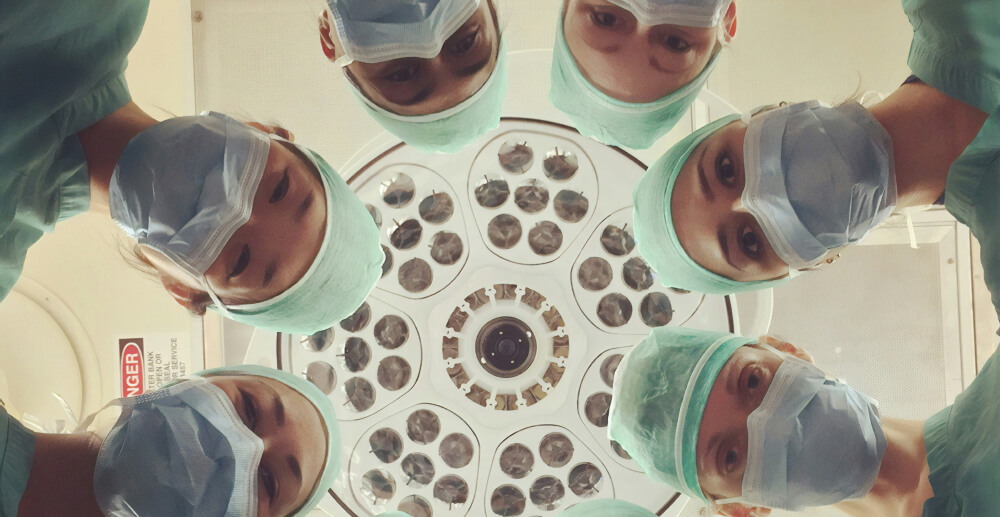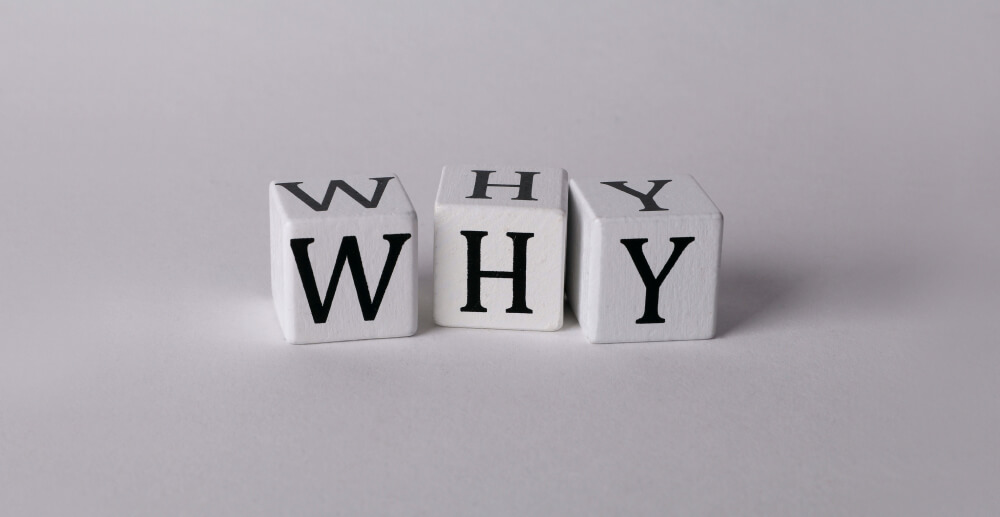An interview with William Hopkins, a successful and sober entrepeneur
William Hopkins, 24, lives in New York City and has been sober for eight years. As an entrepreneur, he loves to travel the world, help other people achieve their dreams, and vape. He really, really likes to vape. After a damaging experience at a rehab facility that has since been shut down, he continues to hold tight to his sobriety and made it out on the other side. Currently the owner of his own consulting business, he traded his past life for a new beginning and the desire to help others create theirs, too. Here’s how he did it.
> Why did you decide to get help, and where did you go?
I was 15 years old and I was sent to multiple programs against my will. I spent two years living in a “therapeutic living community for at risk teens,” just one of several programs that were emotionally abusive, manipulative, and harsh in their approach to recovery. I’ve actually had to go to therapy to cope with some of the stuff that happened there.
> But you didn’t give up …
No, when I got out, I learned about AA and started going to young people’s meetings, and they saved my life.
> What was it that ultimately proved to be the most effective road to continuous recovery after such a prolonged traumatic introduction?
Without question, an honest working of the Twelve Steps with a sponsor through the program and time spent in fellowship with others who had also been through hard times. These are some of the only things that have helped me manage my addiction. Doing service for others has also been a huge part of my life and gives me the opportunity to give back what has been so freely given to me: a newfound sense of peace and happiness.
> When has dealing with “life on life’s terms” been the most difficult over the past eight years?
The death of close friends, breakups, and life not working out the way I want it to—in that order. Physically burying my good friend Jesse and throwing dirt on his coffin with a shovel as part of Jewish tradition was a heavy one. I also had the opportunity to speak at a sponsee’s funeral, a man I had seen two days before his death and two days after, when he was cremated. It’s important for me to understand that my higher power will not throw anything at me that I can’t handle… but, this doesn’t make things easy, just tolerable.
> What’s the very best thing about life in sobriety?
I wake up in the morning and I don’t want to die. I feel accepted and loved and I’m able to reciprocate those feelings of acceptance and love. I have peace of mind, food in my stomach, and a roof over my head. I used to walk around the city and wish I could switch lives with any random person I saw. Now, I can say that if all my peers stood in a circle and put all their problems in the middle, I would fight to the death to get mine back. Today, my “problems” are more like amazing choices. “What college do I want to transfer too?” “What internships should I apply for?” “Where am I going to eat?” I would’ve never imagined being a person with these choices eight years ago while blacked out somewhere.
> We hear a lot about how recovery presents unique and specific challenges and opportunities for women, but what about men? Do you feel there are male-specific challenges to face?
Our problems are not worse or better, they’re just different.
In the rooms, there’s a certain stigma about dating, around men who date “younger” women. They’re sometimes labeled as creepy or taking advantage of the opposite sex. I understand why this might be, but I also feel like we’re not giving women enough credit in their ability to judge the character of a man they wish to date.
Some social gender roles come into play in the “real world” as well. I’ve experienced this in my professional career, especially overseas. It’s very common in business to drink after making arrangements, and I’ve dodged these occurrences within an inch of my life, so to speak. This is not to say that it doesn’t happen with women, of course it does, most likely just as frequently, however, there’s a certain pressure men feel, this idea that they would be less masculine if they don’t drink. I don’t let this bother me. In fact, after making a toast one night, I tactfully threw my champagne flute off the roof of a nightclub in London.
> Do you feel there are any general misconceptions about recovery that you’d like to clear up once and for all?
We do not wear trench coats and hang out in church basements. Well, okay, sometimes we might, if it’s raining. But we don’t sit in a circle and commiserate about how shitty our lives are. It’s actually quite the opposite. Some, if not most, of the amazing people I know in my life are people that I’ve met at meetings. You also can’t “graduate” the program. It’s an ongoing thing, it gets easier.
> Has your recovery influenced your career path at all?
Because I’m sober, I’m now emotionally and spiritually “fit” enough to handle things like opening and operating not one, but two businesses. I’m also studying business, and I may either go deeper into finance or law; I haven’t decided yet, but the fact I have a choice is enough for me.
> Any advice for the newcomers?
No major changes in your first year. Don’t get into a relationship, don’t get a pet, and don’t feel pressured to quit smoking yet. The time will come. Focus on yourself first, so you can better handle your externals. Take suggestions, and be open to the fact that you don’t have all the answers.




